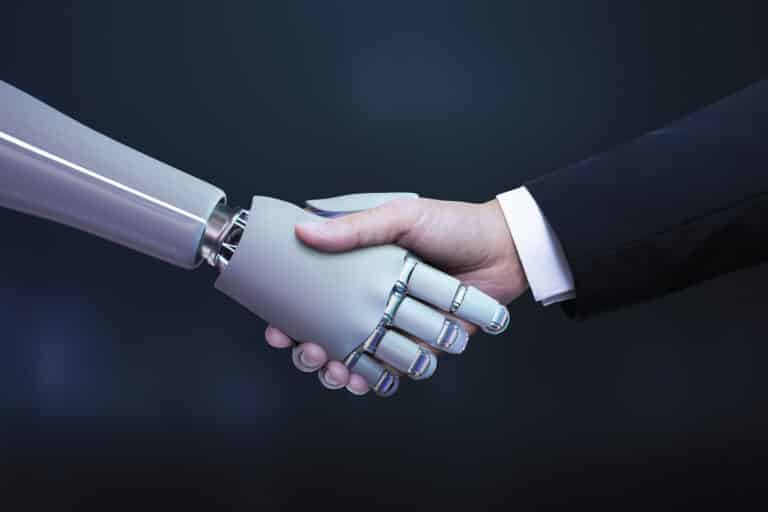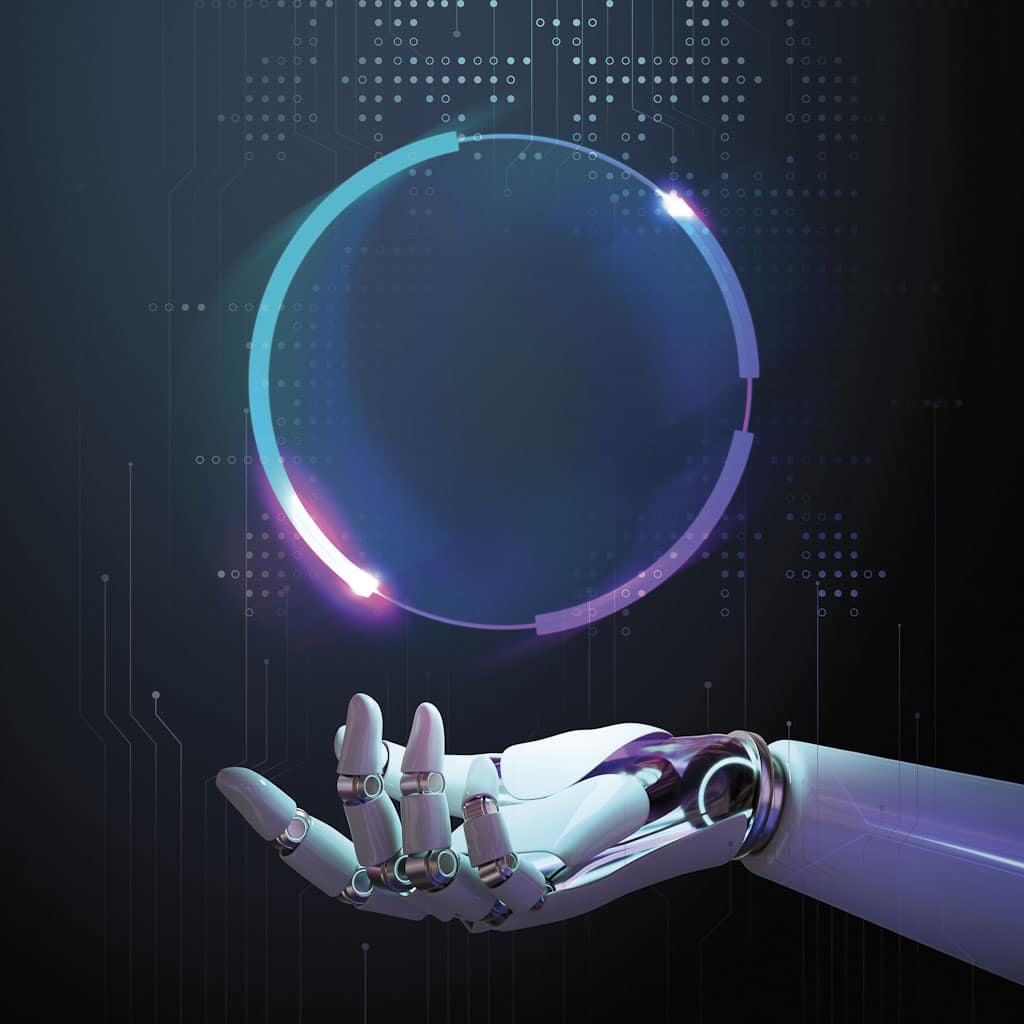PEOPLE
The Rise Of AI: Is It For GOOD OR EVIL?

WORDS: ORM Staff Writer PHOTOGRAPHY rawpixel.com on Freepik
The rise of artificial intelligence (AI) has sounded alarm bells in some quarters, but in others, it has opened up a world of endless possibilities that can significantly impact our lives for the better
Gold Coast tech entrepreneur Stuart Leo, the founder of the AI powered leadership platform Waymaker.io, offers some words of caution about an AI future — but his opinion firmly rests with the latter.
Leo, who discusses the rise of AI in his upcoming book titled The Leadership Curve, says we still have some way to go before we could ever fear the ‘super’ AI that is commonly cast as the villain in science fiction movies.
“The artificial intelligence that takes over the world, the kind with the ability to improve itself without human intervention, is so far beyond where we are at the moment that it’s ridiculous to even think about it,” says Leo.
In his book, Leo refers to the three types of AI – narrow, general and super, with the latter being the stuff of science fiction.

AI robot frame technology, abstract futuristic tech design with blank space
“General AI, the type that is designed to be able to perform any intellectual task that a human can, doesn’t exist yet either, although that is the goal of current AI models,” he says.
“What we are living with at the moment is narrow AI which is powered by the capacity for humans to instruct machines to perform tasks, like writing an article or creating a specified image.”
Humans at this stage remain in control, and while AI is rapidly advancing Leo doesn’t see that changing any time soon.
“The shift to adopt AI technology is a transformative shift that many have called an iPhone moment, which heralded the smartphone era.
“The best way to describe the pace of change is that it took 150 years to move from the carrier pigeon to emails and the world is now jumping from the iPhone to AI in about 150 days.”
At the moment, AI comes with many limitations but to get a handle on this, Leo says it’s best to understand what AI is and what it isn’t.
“When we say AI, you may think we are dealing with a mind, but we’re not. What we are dealing with is pattern mapping. The way AI is trained is through predictability.
“When you ask a question of AI, like asking ChatGPT to write an article about real estate on the Gold Coast, for example, it doesn’t go away and think. It finds the most predictable words it can put together from its data set that it has learned for this idea, and it then presents them.”
While there are anecdotal accounts of students using ChatGPT to write their assignments and of PR agencies adopting the technology to produce media releases, Leo notes that AI does this without any sense of reasoning.
“It has no capacity for reason. It only has a capacity for execution and prediction, which means it can easily present a bias that comes from the data that is fed into it.
“It’s the same if a person was to read the whole internet – you might have a certain world view because of the junk and the quality that’s out there online.
“If you ask AI for an opinion, it will give you one, but we always have to remember that AI is the tool and not the carpenter.”
Leo warns that relying on AI to answer all our problems is akin to saying that the answer to every problem is out there somewhere already.
“This just isn’t true. Some of the answers out there are really bad, even immoral, or don’t exist yet. So, you can’t rely on AI to give you those answers.”
Another issue that is rarely discussed is commonly referred to as ‘hallucinations’ that are experienced by AI.
“That’s where the AI, through its pattern mapping, makes something up,” says Mr Leo. “It may say that the facts state XYZ. You may ask if there is a source for that information and the AI will say yes and present a URL on Harvard Business Review. But sometimes, this link is just made up and doesn’t exist – a hallucination.”
That’s the downside to AI although Leo emphasises that the benefits when it comes to analysing data are immeasurable.
“The narrow AI that we are currently experiencing is brilliant at performing tasks at a scale and speed that a human can’t do.”
Practical applications can include medical diagnoses where AI can determine from a scan within seconds whether a patient has a specific ailment.
“AI can deliver huge benefits to society with significant opportunities in health, such as hunting the data for analysis in the rapid development of vaccines. Some of the COVID vaccines that were developed during the pandemic would have been impossible to create without the assistance of this early-stage AI.
“AI will continue to process data and map patterns to help us do the grunt work of thinking faster, allowing us to do more, to do it safer and to do it quickly. We can think about it as a productivity accelerator.”
The dangers come when humans relinquish control to AI.
“AI has no capacity for reason and if we’re asking it to reason, then this does have some dangers. Those dangers exist when we allow AI to become very intimate with us, and when we think we are having an intimate conversation with it.
“We have to keep things in balance; this is a new tool with immense power that can have huge benefits.
“AI is neither immoral nor moral. It is an amazing tool that, when used effectively by good people, will transform society for the better.
“How we use that tool will determine the kind of world we create. I see more benefits than negatives as it will reduce waiting lists in hospitals, help children learn faster and help people improve their lives through more efficient businesses and organizations. We as human beings ought to embark on that journey, because it would be wrong not to.”









